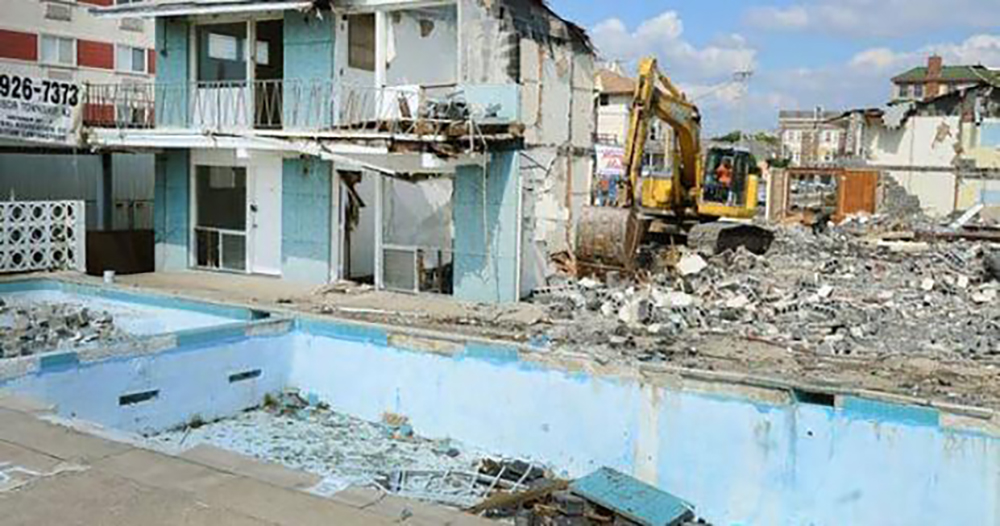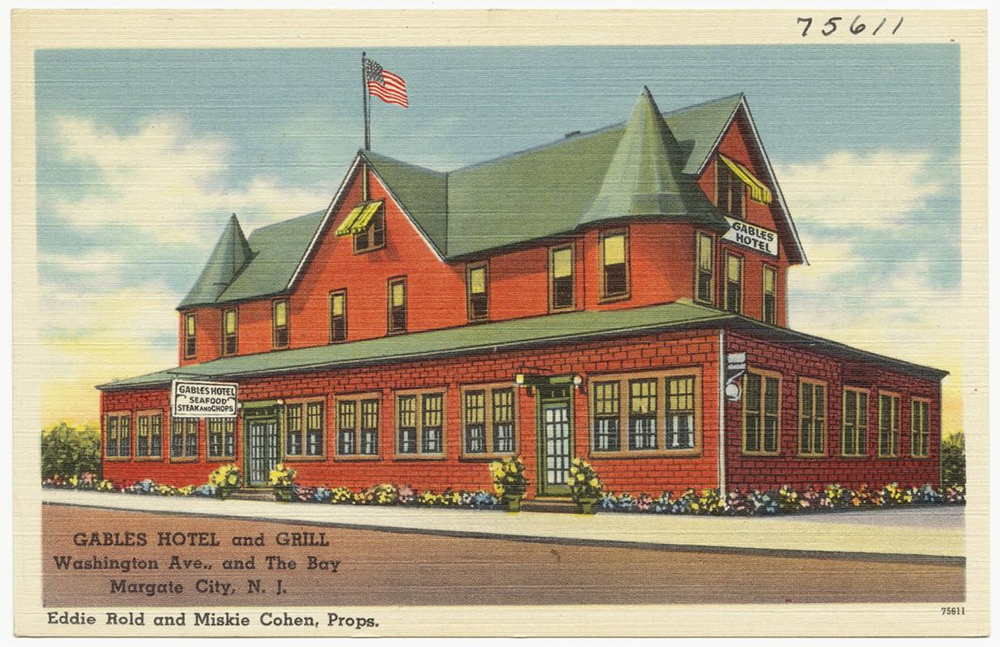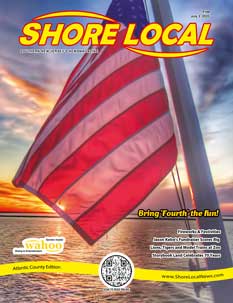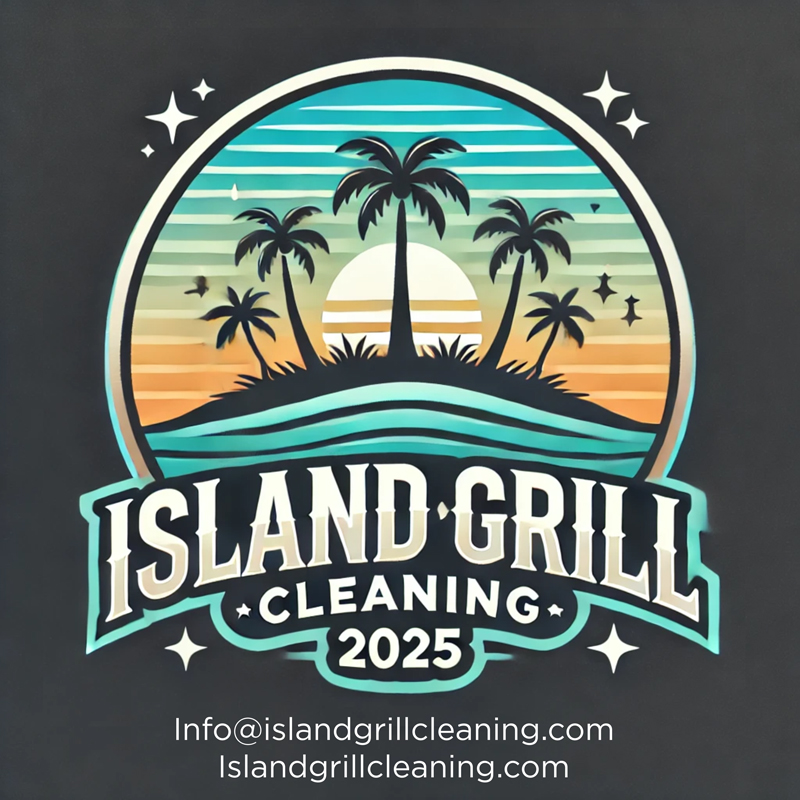By Bruce Klauber
Margate Seahorse Motel, 5198 Atlantic Avenue. Pampering you is our pleasure. New luxurious deluxe lanai kitchen suites, kitchenette apartments and motel rooms with air conditioning and heat, wall to wall carpeting, free television, ceramic tile bath, parking at your door, all electric kitchenettes, and daily maid service. Facing Margate’s famous beach and ocean and convenient to all Atlantic City’s famous resort activities!
– Ad in The Press of Atlantic City, June, 1967
Let’s say that your family is visiting Margate or Ventnor, and once there, the family has decided to spend the weekend. Lodging options? Call the Carisbrooke Inn or Surrey Beach House bed and breakfasts in Ventnor and hope there’s a room available. Those are the choices, as there are no motels or hotels in Ventnor or Margate. It’s been that way for more than two decades.
From the early 1950s, and perhaps before, through the 1980s, the Margate map was dotted with dozens of motels and motel/apartments. Many of them really didn’t disappear. They morphed into the condominiums we see today on Ventnor, Atlantic, and Pacific avenues.
Sadly, the only pieces of history still in evidence of these charming little places exist in the scrapbooks of those who collect vintage postcards of the Jersey Shore. What we do know is that the motels were not the garish, neon-lit places found in Wildwood.
One of the oldest, dating back to the 1930s, was the Gables Hotel and Grill on Washington Avenue and the Bay. But by and large, the more “modern” Margate destinations promoted in-house features like kitchenettes and air conditioning, as well as the proximity to the beach.

The Monaco Motel in Ventnor was demolished in August 2013.
For instance, the Sea and Surf Motel, 9609 Ventnor Ave., promoted a swimming pool, air conditioning, fully equipped kitchenette, laundry room, and a relatively new feature for the time, cable television.
Seagate Motel Apartments, at 9201 Atlantic Ave., noted that each unit had a private bath and what they called “electric kitchens” and “radiant heat.”
Margate’s Dolphin Motel, on the 9600 block at Madison Avenue, was evidently quite the big deal for the time. Open year-round, it was billed as “Margate’s newest ocean front motel, with all suites facing directly on the beach.” Other features were private balconies, kitchenettes, televisions, maid service, parking, private beach, and yes, beach chairs were included in the rates.
A Facebook user recalled the Dolphin as “not a bad little motel, really. It was close to the water with a nice beach. Unfortunately, the Dolphin has been replaced by a truly hideous apartment block.”
Given its proximity to Lucy the Elephant, and because the condominium still uses the motel name of yore, many remember when Margate’s White Sands, at 9010 Atlantic Ave., was a motel. White Sands’ advertising in the 1980s promised something a cut above standard motel accommodations.
“The White Sands is a beautiful, ocean front resort motel located in fashionable Margate,” the ad read, “and only minutes from all Atlantic City’s activities. Designed for informal living and warm hospitality. Completely air-conditioned. One- and two-bedroom apartments with complete kitchens, wall-to-wall carpeting, a telephone and television in every suite, an ocean front recreation room with ample free parking and golf privileges.” And the White Sands was open all year.
Another feature of note that was not mentioned in the White Sands promotional literature is that the legendary Lenny’s Hot Dogs was only a few feet away.
Other Margate motels that have been turned into condos include the Holiday Motel at the corner of Jefferson and Pacific avenues, Seashell Motel on the corner of Winchester and Washington avenues, and the Thunderbird West Motel, 9401 Pacific Ave.
One veteran Margate resident recalled another lively motel that was not on a beach block. The Aruba Motel, on the corner of Pacific and Coolidge avenues, offered rooms at the bargain rate of $30 nightly.
There is not just one reason for the disappearance of motels in Margate. Changing demographics, changing times, the changing economy and the issue of rising property values contributed to the change.
As Margate Mayor Michael Collins told me, “I believe that most of the changes were due to market conditions and the real estate market. I am in my early 40s and yet still remember many motels throughout Margate, and yes, the landscape has changed considerably.”
Margate City Controller John Scott Abbott remembered when the changeover started. “The conversion to condominiums began in the 1970s,” Abbott explained, “and followed a trend which I believe first started in Florida. Developers swooped in and bought up the motels and converted them. Big money was made. What knocked out motel use was the ability to break up the units and sell them individually. It came down to selling one building or selling, for example, 30 units in a building.”
The record speaks for itself. In 1981, a “Motel Study” prepared by Roger Rubin and Associates for the Margate City Commissioners, noted the following: “In the 1970s decade, not one new motel permit was issued or requested. In the same decade, over 1,200 multi-family units, mostly of high quality, have been created by new construction and/or conversion or rehabilitation. In the same decade, primarily from 1978-1981, hundreds of motel units have been converted to year-round residential use.”
Indeed, a Margate ordinance passed in 1983 limited vacation rentals to a week or more. Rentals of less than seven days were prohibited.

Gables, located at Washington Avenue and the Bay in Margate. dated back to the 1930s.
In 2018 there was talk of bringing back hotels/motels on a limited basis, specifically as a part of Margate’s Island House, 9600 Condominium, Margate Towers, and even Ventura’s Greenhouse. The “boutique hotel” idea floated was that 20 percent of the units in those properties would be available for lodging on a weekly or daily basis.
John Amodeo, now Margate’s commissioner of public safety, was all for the idea, and said at a 2018 that “Margate once had plenty of hotel motel units, but over the years, most were converted into condos. The lure of big money was too much to ignore. Margate City leaders, as well as other Jersey towns, allowed this to happen. Many believe this was short-sighted. The move increased the tax ratable base, but it also killed mid-week business. Many shore towns are virtually empty Monday through Thursdays during the summer.”
No matter. It was pretty clear that Margate residents and the Margate Homeowners Association didn’t want it. One resident spoke up, asking, “What happened to our residential community by the sea? A proposal for boardwalks, Congo Falls Golf, a 50,000-square-foot water park, and now this idea?” In the end, Island House, 9600 Condominium, Ventura’s Greenhouse, and Margate Towers remain as they were. So does the rest of Margate.
Ventnor didn’t have as many motels as Margate, but those of a certain age who were guests at those motels – or those who just used the swimming pools – remember them well.
The Sands, at 6100 Boardwalk in Ventnor, was built in 1959, and was initially geared toward a Jewish clientele. It was converted to condos sometime in the 1980s, and the units were initially bought by people who had stayed there when it was a motel.
The Bahama Motel at 5400 Boardwalk at Surrey Avenue, was advertised as an “ultra modern motel” in its heyday of the mid-1960s. The Bahamas featured heat and air conditioning, television, a high-fidelity sound setup, room phones, free parking, coffee shop, card and game room, spacious sundecks, and an Olympic sized pool.
Oceanaire Resort Motel/Apartments, located “directly on the ocean” as the ads declared at 5300 Boardwalk at Little Rock Avenue, called itself “Ventnor’s newest” when it opened in the early 1960s. Owned and operated by the Placentra family, Oceanaire was the spot for a lot of family vacations back in the day. (A 1967 home movie posted on YouTube features the family of Lawrence W. Haas on summer vacation at Oceanaire). It was converted into a condo, now called 5300 Boardwalk, sometime in the early 1980s.
Ventnor’s Monaco Motel, located between South Little Rock and South Weymouth avenues on Ventnor’s beach block, was, in all probability the last of the Margate and Ventnor motels still standing when it was finally demolished in August of 2013.
A Press of Atlantic City piece at the time noted the following: “Monaco Motel’s sign was still standing tall Tuesday next to the mounds of bent metal, collapsed concrete and other construction debris at the property’s ongoing demolition site. For decades, the Monaco Motel had been a popular place for vacationers to stay. But in the last decade or so, the business and its 52-unit building began declining, and about five years ago, the year-round operation came to a halt. Since then, the vacant building, with its boarded-up windows and failing facade, had become an eyesore in Ventnor, easily seen from the Boardwalk and beach.”
Thankfully, there are plenty of great places for families to stay in Atlantic City, Ocean City, Brigantine and elsewhere at the shore. But if you want to stay overnight in Ventnor or Margate, you’re out of luck. For the moment.
Correction to our recent column on the stars of jazz with Atlantic City connections: Two eagle-eyed Shore Local readers noticed the omission of two drumming giants:
Born in Atlantic City, drummer Sol Gubin worked with everyone from Frank Sinatra and Natalie Cole to Perry Como and Tony Bennett.
Peter Erskine, a Somers Point native whose photo has long adorned the all-star wall at White House Subs, is best known for his work with Chick Corea, Maynard Ferguson, Stan Kenton, and the ground-breaking fusion group Weather Report.
Bruce Klauber is the author of four books, an award-winning music journalist, concert and record producer and publicist, producer of the Warner Brothers and Hudson Music “Jazz Legends” film series, and performs both as a drummer and vocalist.

















